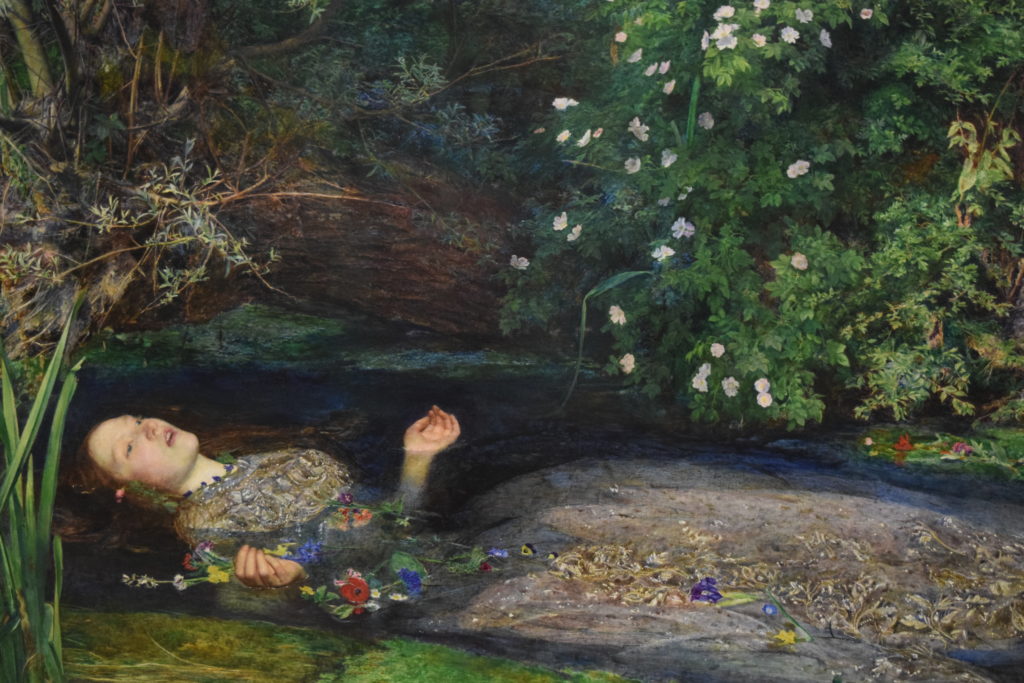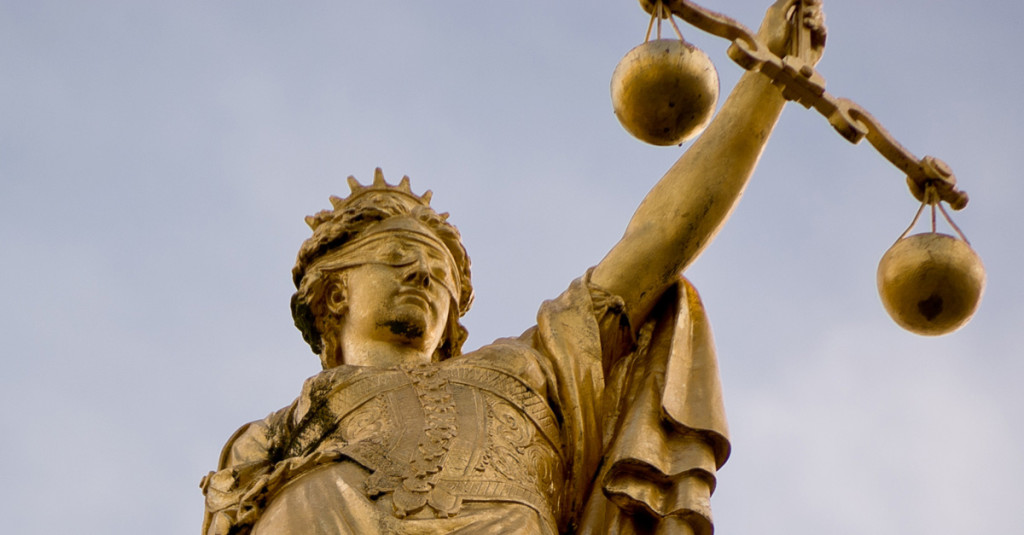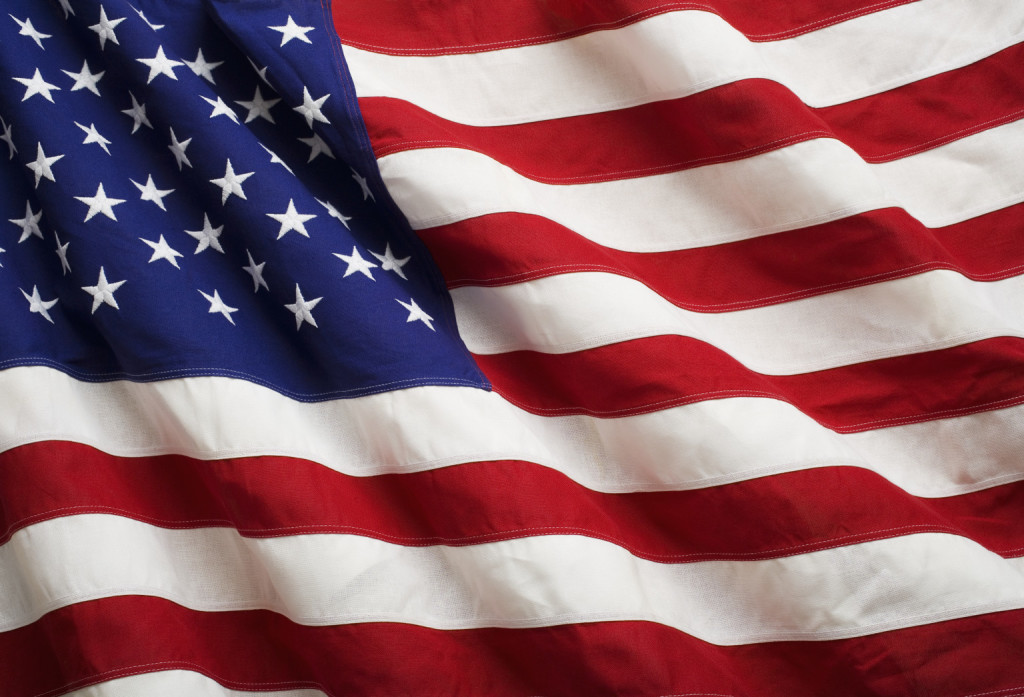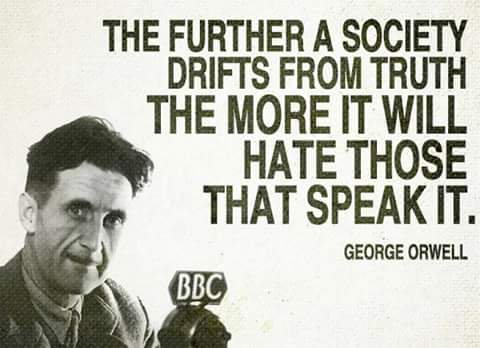
2017 is upon us, and it will be a year of some momentously momentous moments requiring serious introspection that will likely fill the Ramparts blog with much of interest to the defenders of civilization. For those of you who like that sort of thing, stay tuned – we love you checking in. Ramparts can not say goodbye to 2016, however, without a brief and wistful homage to the memory of Debbie Reynolds, who passed away a mere day after her own daughter Carrie Fischer died of the sequelae of a cardiac arrest.
Ms. Reynolds death was not the tragic part, nor its proximity to her daughter’s death – certainly sad, but not tragedy. Debbie Reynolds lived a long, eventful and fulfilling life, and though any passing is sad, it is not the pinnacle reason for homage. It is with Debbie Reynolds passing that a particularly glorious form of American culture, the golden age of the movie musical, passes into memory as well. Debbie Reynolds, at the very initiation of her adult life, managed somehow to find herself participating in a central role on what has become one of the enduring classics of the American Musical, 1952’s “Singing in the Rain”. The stars that connected us to the great American Songbook through song and dance, in a larger than life projection on the movie screen from 1930 to 1960 – Astaire, Kelly, O’Connor, Sinatra, Crosby, Mary Martin, and …briefly, Debbie Reynolds- are now all gone. The very unique cinematic expression of American can do spirit, essential goodness, vitality and optimism that these musicals projected, is seemingly old and jaded to our modern society. Debbie Reynolds was perhaps the last living link to that different America, that looked up on the silver screen, saw themselves, and felt nothing but good vibes.
Singing in the Rain sits at the pinnacle of the American musical not because of a brilliant story line, perfect lyrics, original songs, or magical acting. It was actually a story laid upon a series of songs by composer Arthur Freed that had seen performance in other musicals. The basic plot was a Hollywood inside joke. With the advent of talkies in Hollywood, it was discovered, not every star actor or actress – could talk. At least not in a compelling way that made those watching believe in the illusion projected on the screen. Gary Lockwood, played by Gene Kelly, is a silent movie star, who realizes that the time of long stares into the screen are over, and he will have to change, or say good bye to his career. He is unfortunately saddled with his silent screen leading lady, Lina Lamont, played by Jean Hagan, who as it turns out, has the voice of a parakeet crossed with a New York cabbie. The audience that loves Lockwood and Lamont are not going to buy anyone being romantic on the screen with the dialogue sounding like an argument at a fish market. And so, as you might imagine in typical Hollywood fashion, Gene Kelly is rescued from the brink of star disaster from a complete unknown everygirl, played by 19 year old Debbie Reynolds.
It turns out 19 year old Debbie Reynolds was exactly who she played, a very young effervescent all American spirit who came from absolutely nowhere to hold her own with two of the greatest dancer showman in history, Donald O’Connor and Gene Kelly. She was real live nobody, with a story you couldn’t make up, if you tried to make it up. She was born and raised in El Paso Texas into the poorest of circumstances, to a ditch digger father and a mother who did other people’s laundry to make ends meet. Poor but decent and virtuous, straight out of Horatio Alger, Debbie moved with her family to try their luck in paradise – California. She was fortuitously plucked out of obscurity in a local beauty contest when she, still in high school, won the title of Ms. Burbank, and was “discovered” by talent scouts from Warner Brothers and MGM, who were looking for an everyday girl who might be able to emote that special American perkiness. No kidding. That’s really how it happened.
A year and a half later, she was selected by the MGM studio to bring that “perky” American can do spirit to the screen and was positioned to work with Donald O’Connor and Gene Kelly, two huge stars and professional dancer/performers. The problem was Debbie Reynolds, all of 19 years old, was not trained to sing or dance. Gene Kelly, a workaholic perfectionist, one of cinema’s biggest stars having performed in Pal Joey, On the Town, and his oscar winning performance in American in Paris, was not amused. He was the director of the movie and not at all comfortable with the studio forcing this young girl with no training onto his movie set, much less plunking her in the lead role. He was very severe toward her, and looked to break her down and get her to leave. But that wouldn’t be a very good end to our story, would it? It turns out that a more sympathetic soul, Fred Astaire, who remembered people had been harsh to him when he started, saw something in Debbie Reynolds and helped her learn the complicated routines, persuading Kelly to give her a second chance. And with that, a better Hollywood ending to our story.
The trained up 19 year old Debbie Reynolds – not the most beautiful or graceful girl in movies- but with a special, unique, and magical ‘perky American’ screen presence that made those talent scouts look like geniuses — helped Donald O’Connor and Gene Kelly pull off maybe the best 4 minutes in cinematic musical history. Singing in the Rain will always be remembered for Gene Kelly’s magnetic solo performance on the streets performing the title number in a downpour, but the central ensemble brilliance of the American musical is encapsulated in Debbie Reynolds star turn with the two men in “Good Morning”.
Debbie Reynolds was a star of stars thereafter, but like so many who found early perfection, never quite did anything so wonderful and so perfect, again. Then again, the American movie musical, though it didn’t know it at the time, was coming into its waning moments, under the audiences’ inevitable turn toward the smaller screen of television for its entertainment.
Debbie Reynolds’s death closes the book on a long ago time, but the composition of her American story, from humble roots to the heights of personal accomplishment, based on her on energy, willingness to work, and concentration and confidence on her individual talents to see her through the difficult times, is a story we could certainly benefit from today. Good Bye Debbie Reynolds. Thanks for reminding us, we can do great things when we believe in ourselves and don’t dwell on our circumstances. Maybe our Good Morning may yet be in our future, if we remember how just good it can feel — to live out a dream.













